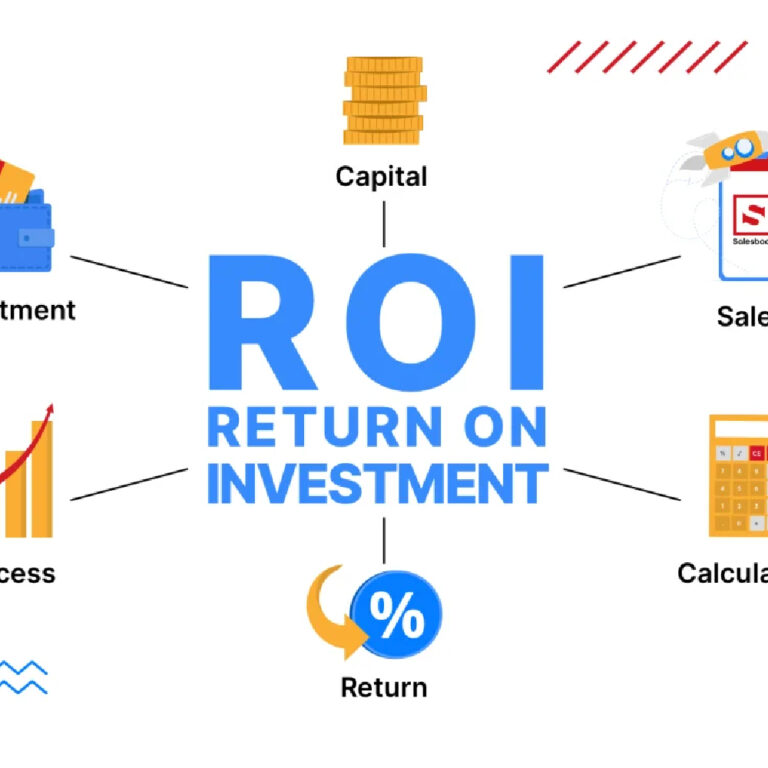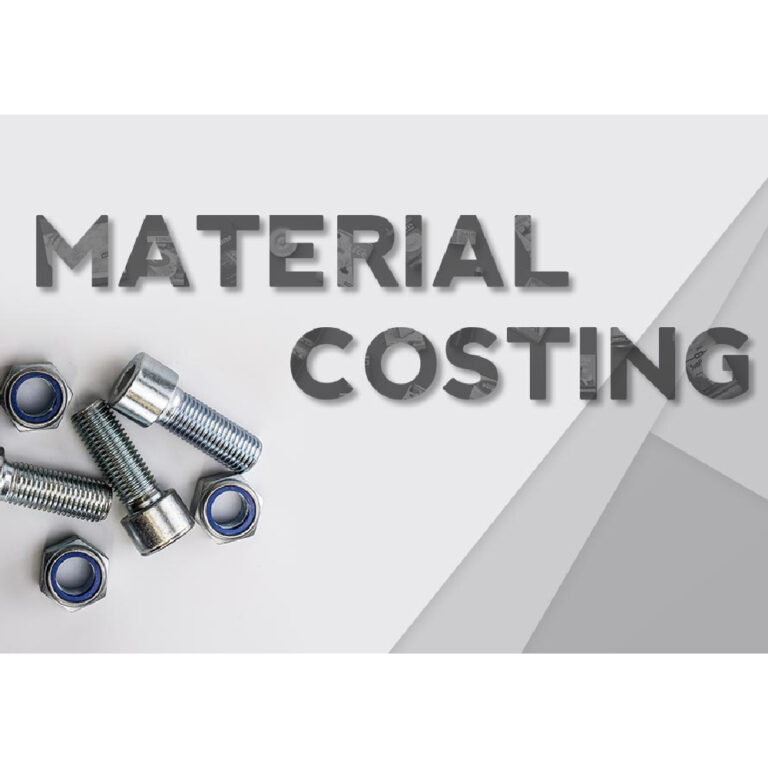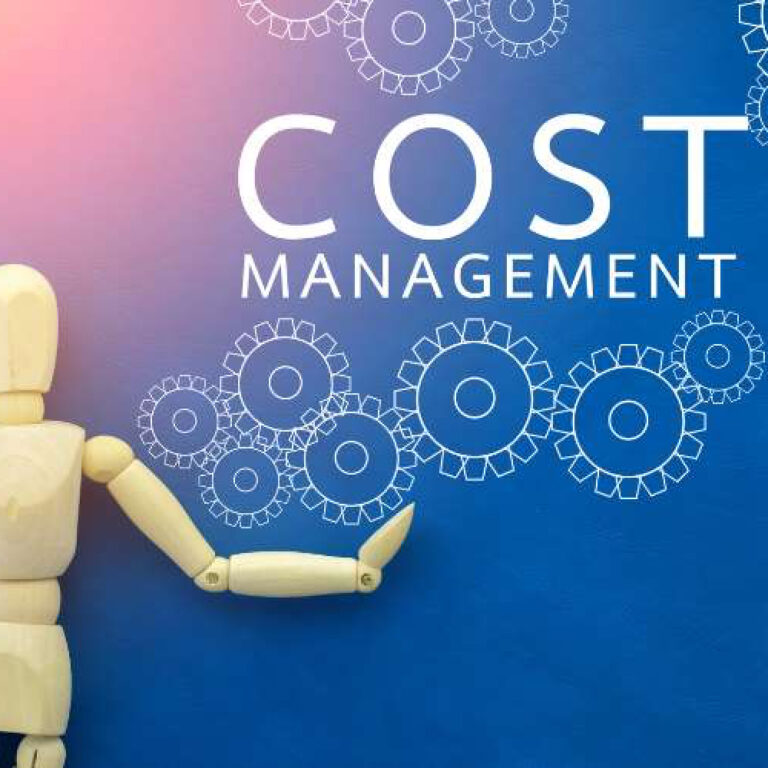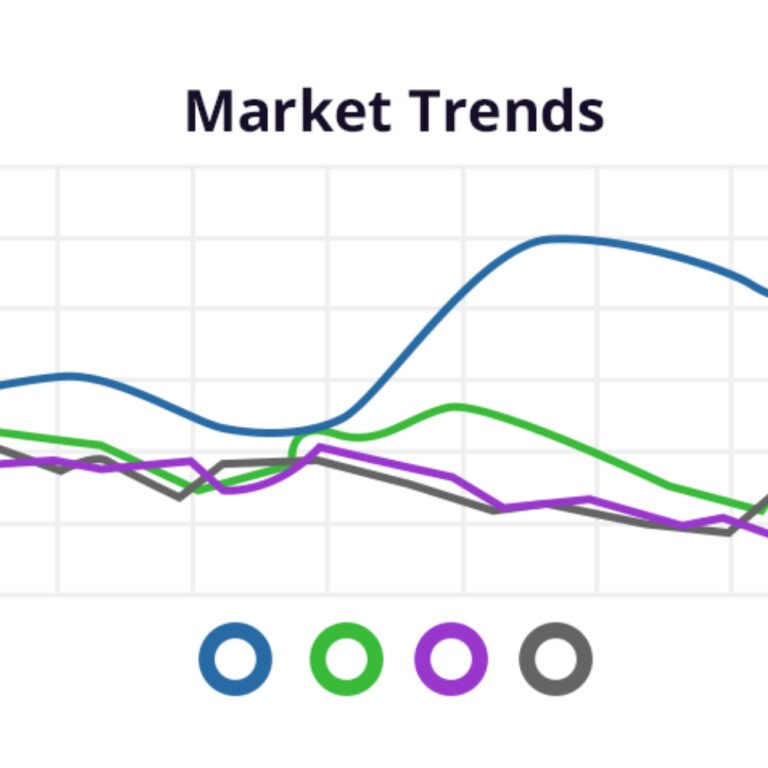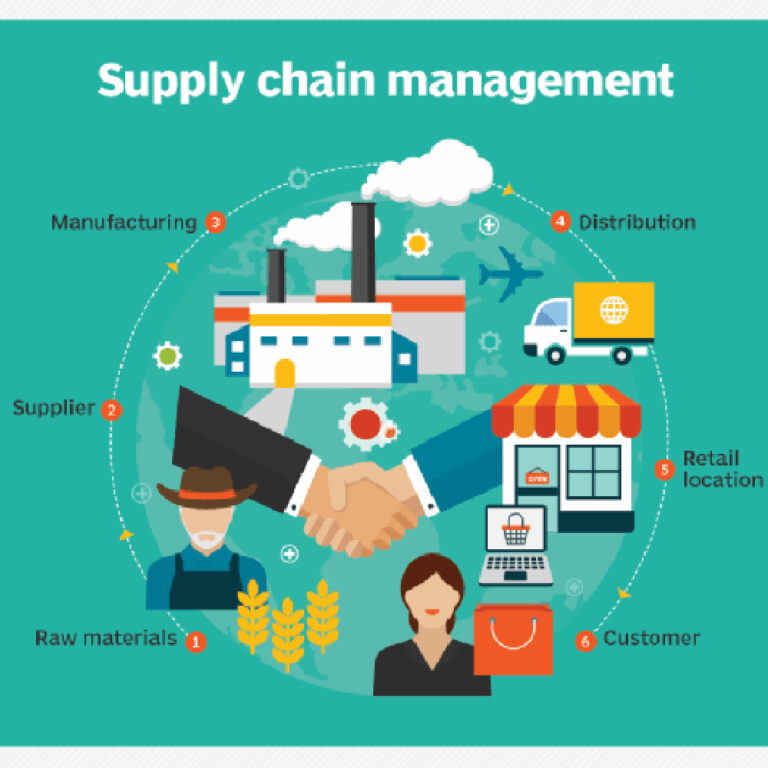Long-Term Savings
Long-Term Savings: How Custom Forging Reduces Overall Production Costs
In the manufacturing industry, finding ways to reduce production costs without compromising on quality remains a constant challenge. Custom forging has emerged as a powerful solution for companies seeking significant long-term savings. By understanding the benefits of custom forging, businesses can make informed decisions that lead to improved efficiency and cost-effectiveness. How Custom Forging Reduces Overall Production Costs? This approach streamlines the production process, minimizes material waste, and enhances product durability, all contributing to reduced operational expenses and better resource utilization.
1. Material Efficiency
One of the most significant advantages of custom forging is its ability to maximize material efficiency. Unlike traditional machining processes that often result in considerable waste, custom forging shapes metal into the desired form while minimizing excess material. This reduction in scrap leads to substantial savings on raw material costs. Additionally, custom forging allows for the use of high-quality materials tailored to specific applications, ensuring that the components are not only durable but also cost-effective over time.
2. Enhanced Durability and Performance
Custom forged parts are known for their superior mechanical properties, including increased strength, toughness, and fatigue resistance. The forging process aligns the grain structure of the metal, creating a more robust component compared to cast or machined alternatives. This enhanced durability results in lower failure rates and extended service life for the forged parts, which translates into reduced maintenance and replacement costs. By investing in high-quality custom forged components, companies can significantly decrease the frequency of repairs and replacements, ultimately lowering their overall production costs.
3. Streamlined Production Processes
Custom forging can also contribute to more efficient production processes. By creating components that meet specific design requirements, manufacturers can reduce the need for additional machining and finishing operations. This streamlining of the production process not only saves time but also reduces labor costs associated with multiple manufacturing steps. The ability to produce complex shapes in a single forging operation minimizes the need for assembly, further contributing to cost savings.
4. Customization and Versatility
The customization offered by custom forging means that manufacturers can create parts that are precisely tailored to their applications. This level of specificity can lead to better performance and compatibility within larger systems, reducing the likelihood of operational disruptions. For example, custom forged components designed to fit perfectly into existing machinery can eliminate the costs associated with modifications or adjustments, ensuring seamless integration and optimal performance.
5. Long-Term Partnerships and Supply Chain Optimization
Engaging with a reliable custom forging partner can lead to long-term relationships that further enhance cost savings. By collaborating with a trusted supplier, manufacturers can benefit from bulk pricing, reduced lead times, and access to advanced technologies. These partnerships often result in a more stable supply chain, which can mitigate the risk of price fluctuations in raw materials and ensure consistent quality.
6. Sustainable Practices
As companies increasingly focus on sustainability, custom forging can play a role in reducing their environmental footprint. The material efficiency and reduced waste associated with forging processes contribute to more sustainable manufacturing practices. By minimizing excess material usage and energy consumption, businesses can lower their operational costs while simultaneously enhancing their corporate social responsibility initiatives.
Conclusion
Custom forging offers significant opportunities for long-term savings in production costs. By optimizing material efficiency, improving durability, and streamlining production processes, manufacturers can significantly reduce overall expenses. The ability to customize components further enhances cost-effectiveness, as it reduces waste and minimizes the need for costly alterations. Additionally, forming strategic partnerships with custom forging suppliers brings ongoing cost benefits and sustainability advantages. As the manufacturing landscape evolves, embracing custom forging becomes a critical driver of economic efficiency and competitive advantage. How Custom Forging Reduces Overall Production Costs is a key consideration for manufacturers looking to optimize their operations.

